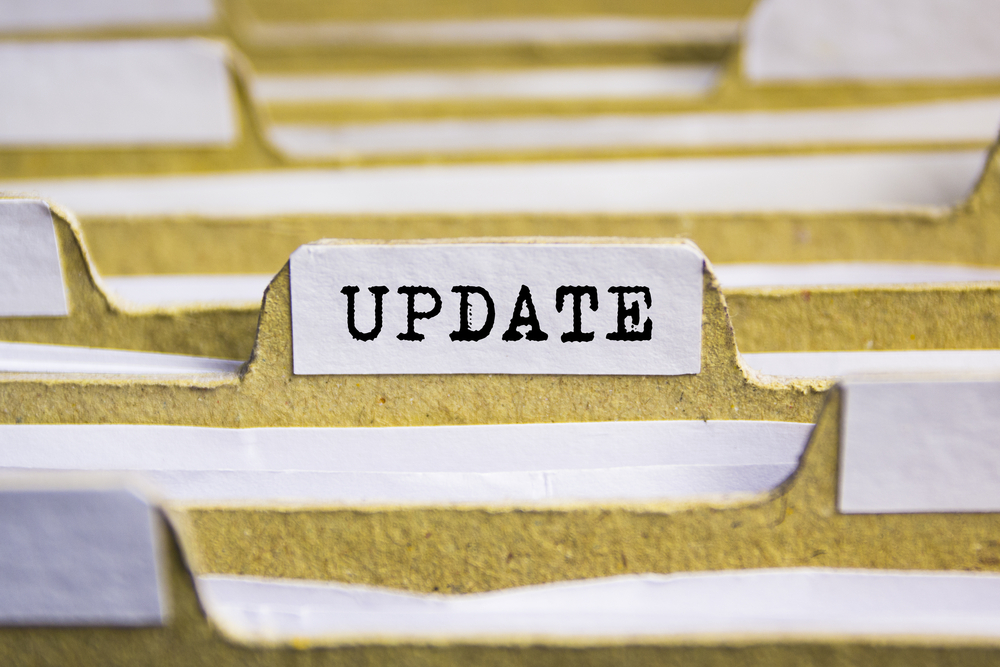On 1 October 2017, changes to the Education and Care Services National Law (National Law) and Regulations (National Regulations) came into effect. The amendments were made after federal and state and territory Education Ministers agreed to changes to the National Quality Standard (NQS) at the last Council of Australian Governments (COAG). These changes are intended to strengthen quality in early childhood education and care while at the same time, reducing red tape for the sector. All schools need to be aware of the commencement dates of the changes and how they affect their early learning policies and procedures.
Changes to the National Law
The NQS operates under an applied law system, comprising the National Law and the National Regulations. The purpose of this system is to set a national standard for children’s education and care across Australia, meaning the same law is applied in each state and territory, but with some varied provisions as applicable to the needs of each state or territory. Changes to the National Law include:
- assessments and ratings standards for the NQS
- family day care service amendments
- regulatory authority powers and functions
- supervisor certificates.
The National Law changes commenced on 1 October 2017 in all jurisdictions, except Western Australia, after the model law bill (drafted in Victoria) was passed through all the state Parliaments. In Western Australia, changes will commence by 1 October 2018 to allow for the model law bill to pass the Western Australian Parliament.
Changes to the National Regulations
The National Regulations support the National Law by providing detail on operational requirements for an education and care service. Changes include:
- a revised NQS (in Schedule 1)
- changes to application processes for provider approval, service approval and supervisor certificates
- setting out the rating scale
- the process for the rating and assessment of services against the NQS
- minimum requirements relating to the operation of education and care services organised around each of the seven Quality Areas
- arrangements to move existing services into the new system
- fees for a range of transactions.
For all jurisdictions, except for Western Australia, these operational requirements also commenced on 1 October 2017. Again, in Western Australia changes will commence by 1 October 2018 to allow for the model law bill to pass the Western Australian Parliament.
Changes to the NQS
On 1 February 2018, the revised NQS commences in all states and territories including Western Australia.
Key changes include:
- a revised NQS by removing conceptual overlap between elements and standards, clarifying language and reducing the number of standards and elements from 18 standards to 15, and 58 to 40 elements
- improved oversight and support within Family Day Care to achieve better compliance and quality across the whole sector
- removing supervisor certificate requirements so service providers have more autonomy in deciding who can be the responsible person in each service
- introduction of a national educator to child ratio of 1:15 for services providing education and care to school age children. Transitional arrangements and saving provisions apply in some states and territories.
Despite there still being seven Quality Areas in the revised NQS, there have been particular changes to each Quality Area. Some of them are outlined as follows.
Quality Area 1: Education program and practice
- increase of standards from two to three
- concepts relating to assessment and planning are now referenced together in a single standard.
Quality Area 2: Children's health and safety
- reduced from three standards and ten elements to two standards and six elements
- health standard now includes healthy lifestyle, wellbeing and comfort, and health practices and procedures
- new safety standard which consolidates previous standards relating to child safety and protection.
Quality Area 3: Physical environment
- reduced from three standards and seven elements to two standards and five elements
- change in focus for environmental responsibility to include a child's perspective
- design of the service environment and use of the service have been amended.
Quality Area 4: Staffing arrangements
- elements relating to staffing arrangements and staff continuity previously under Quality Area 7 are now grouped together under Quality Area 4
- elements about educator to child ratios and qualification requirements have been removed as they must be maintained under the National Regulations not the NQS.
Quality Area 5: Relationships with children
- similar elements have combined reducing the number of elements from six to four elements.
Quality Area 6: Collaborative partnerships with families and communities
- similar elements have been combined reducing from three standards to two standards and nine elements to six elements.
Quality Area 7: Governance and Leadership
- reduced from three standards to two standards and thirteen elements to six elements
- duplication of legislative minimum standards removed.
Next steps for schools
All schools will start being assessed against the revised NQS from 1 February 2018 so should begin preparing their revised Quality Improvement Plan (QIP). Schools should:
- become familiar with the new standards and concepts contained within them
- audit their QIP with a mind towards the seven Quality areas as detailed above
- review the updated guidance to the revised NQS when it is released at the beginning of 2018.


